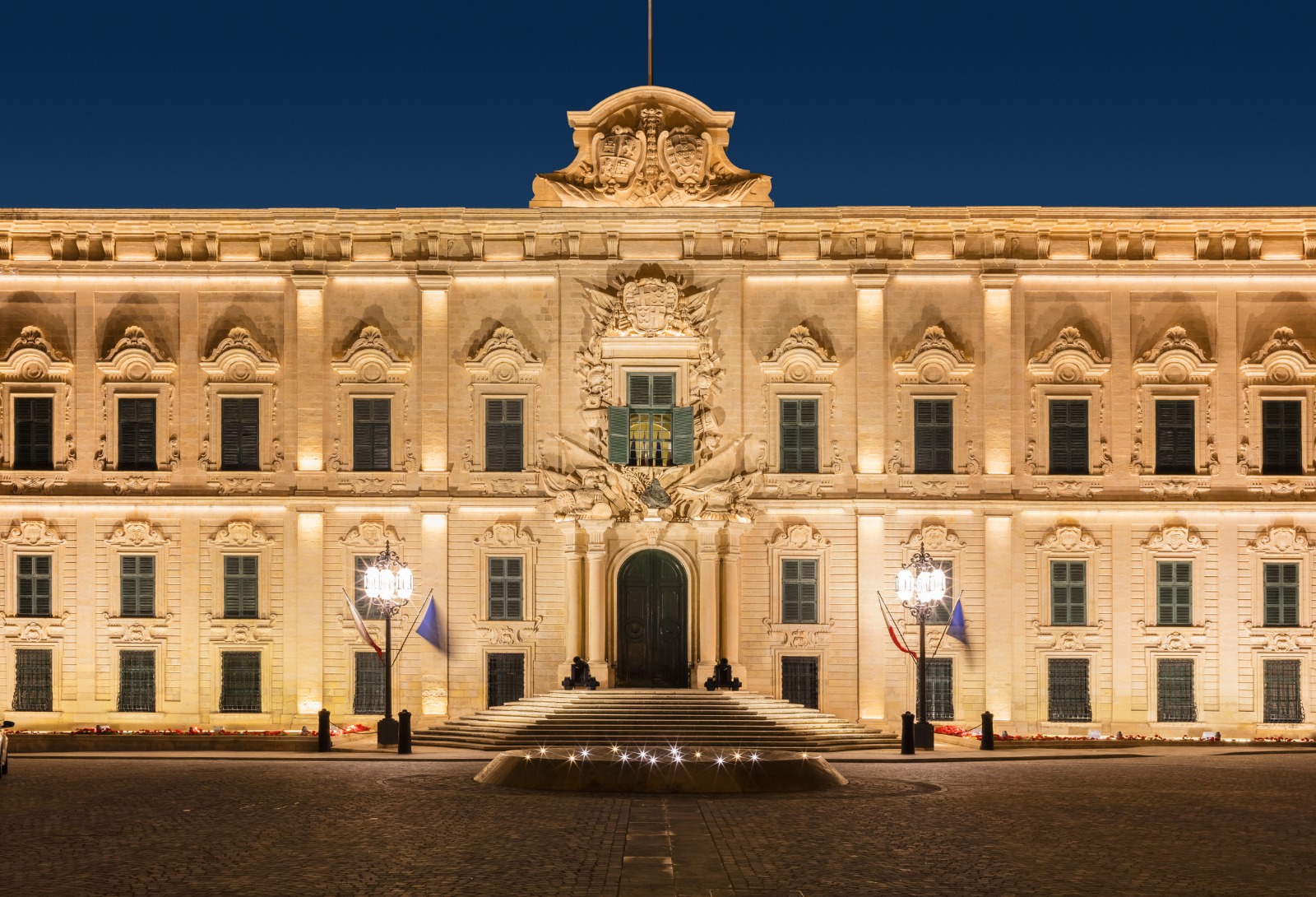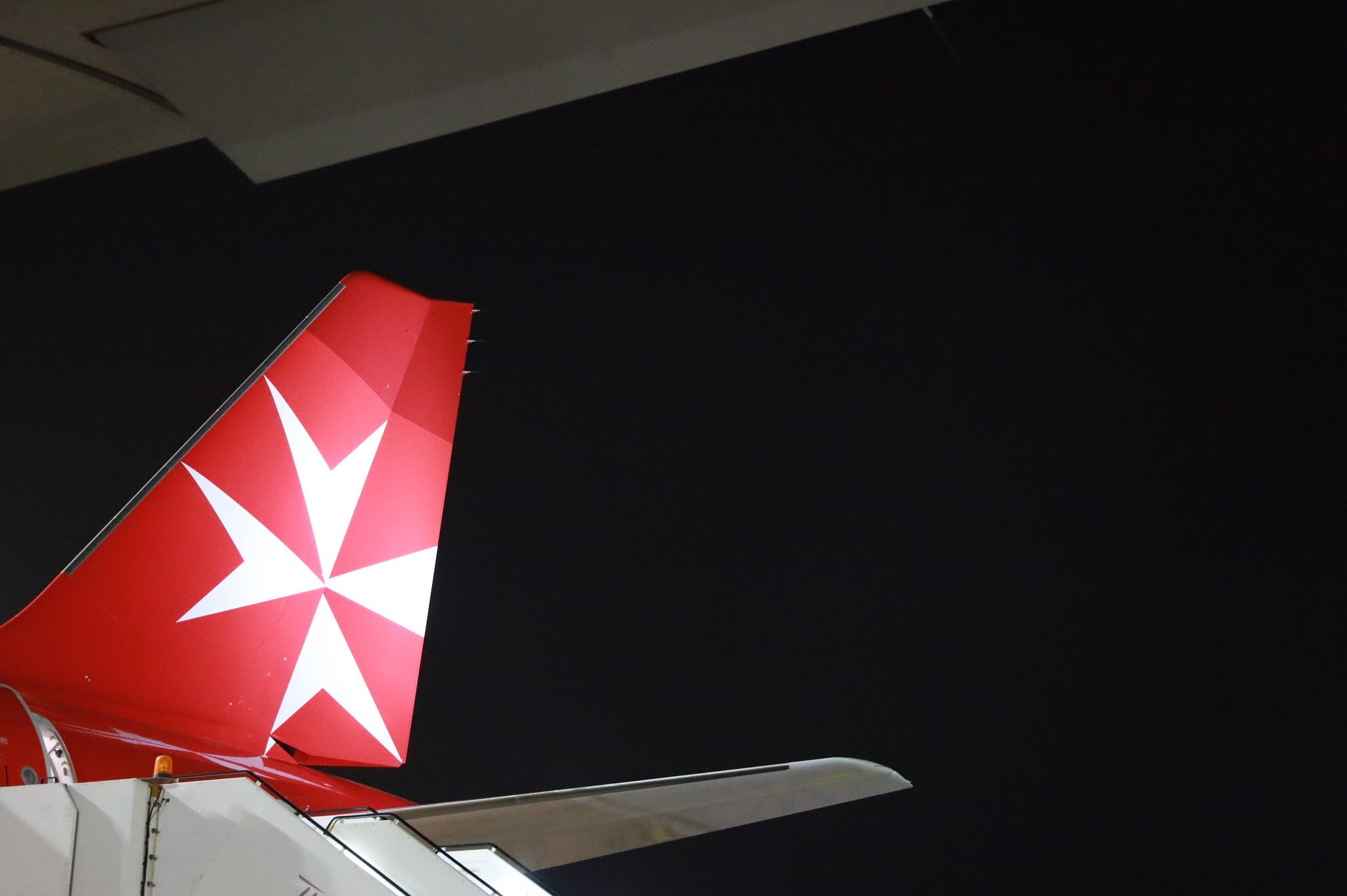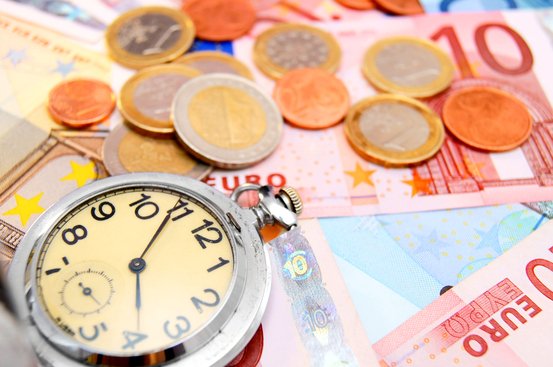Malta failed to collect €270 million in VAT in 2020 according to the European Commission, which is roughly seven per cent of Malta’s total Government revenues. This is a a small drop compared to 2019 when Malta failed to collected €287 million in VAT.
This figure makes up almost a full quarter of all VAT due (24.1 per cent). The only country to rank higher is Romania where 35.7 per cent of VAT is uncollected, whereas the country with the least amount of uncollected VAT is Finland, at 1.3 per cent.
The difference between how much VAT there is to be collected and how much is actually collected is called the VAT gap. Conservative estimates show that up to a quarter of the VAT gap across the EU may be attributed to VAT fraud linked to Intra-EU trade, where as a whole the VAT gap is 9.1 per cent (€93 billion).
It is also worth noting the VAT exemption gap, where Malta ranks last at 16 per cent. The exemption gap is additional VAT revenues which are lost due to exempted supplies of goods and services that can not be taxed in principle such as; imputed rents, provisions of public goods by government or certain financial services.
The EU has set out to further reduce the VAT gap by pushing for the introduction of measures such as real-time reporting based on e-invoicing for businesses that operate cross-border within the EU and updating VAT rules for passenger transport.
It has also suggested placing the onus for collecting and remitting VAT to tax authorities in the case of platform providers of services (like Airbnb and Bolt) on the platforms themselves, to counter underreporting by service providers that often have capacity limitations.
Ground handling staff strike at Milan Linate forces KM Malta Airlines to cancel scheduled flights
Customers can ask for a refund or a change of date, free of charge
Inflation edges up to 1.5% in August 2024
The largest month-on-month increase was registered in the sports-related equipment category
Employees’ rights and dignity must be ‘respected to the fullest’ in HSBC Malta exit, says union
MUBE said it will place itself 'front and centre' to ensure the interests of all employees concerned






